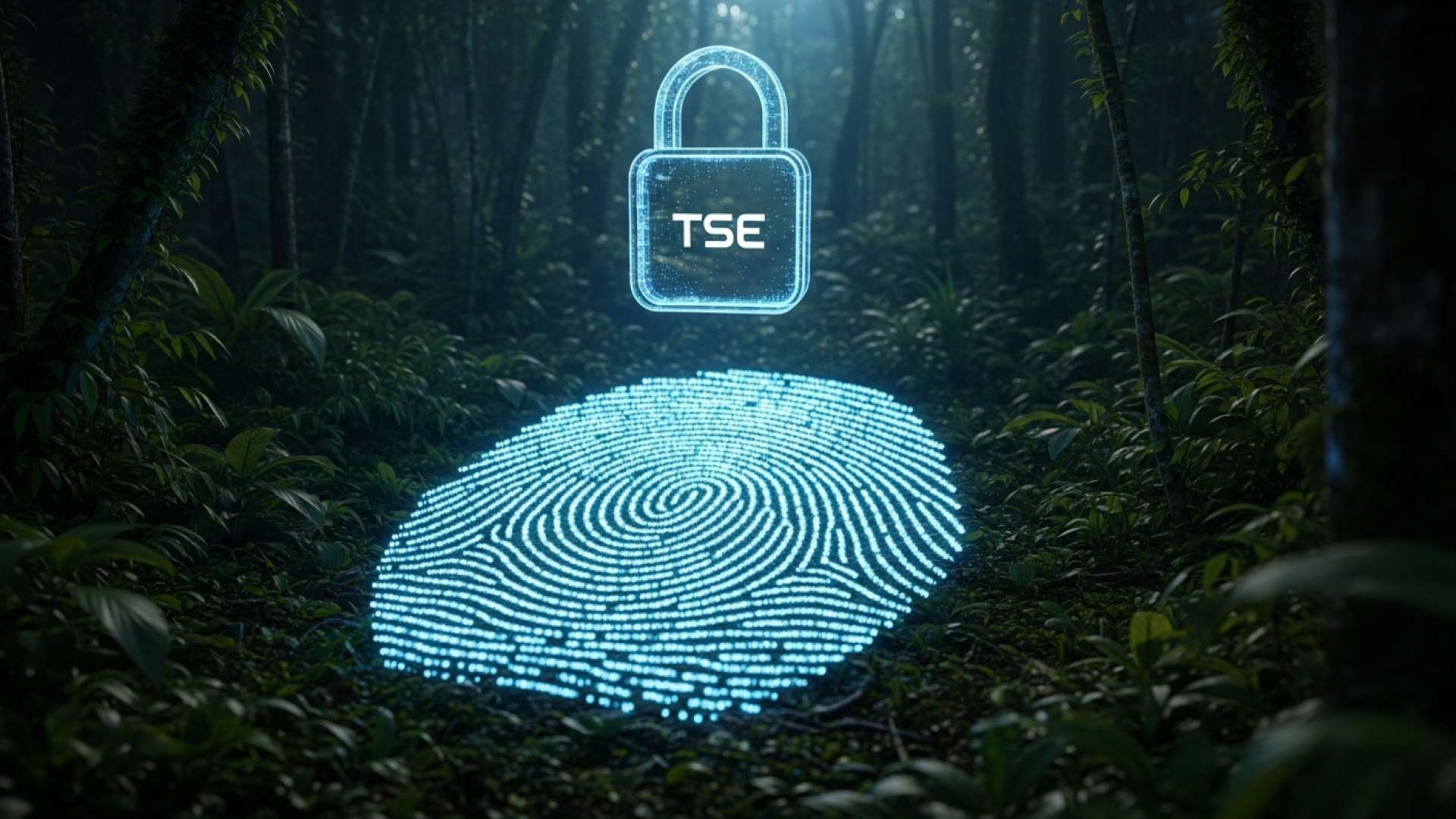San José, Costa Rica — Costa Rica is embarking on a significant modernization of its national identity card, introducing enhanced security features and a digital version. The Supreme Electoral Tribunal (TSE) recently announced the upcoming circulation of the redesigned cédula, aiming to reduce fraud risks, protect sensitive data, and streamline administrative processes.
The new physical card will no longer display the names of the cardholder’s parents or their electoral address. The TSE explained that removing these fields aligns with international security and privacy standards.
To understand the legal implications surrounding the Costa Rican National Identity Card, or cédula as it’s commonly known, TicosLand.com spoke with Lic. Larry Hans Arroyo Vargas, an attorney at law at Bufete de Costa Rica.
The cédula is far more than just an identification document in Costa Rica. It’s essential for virtually every aspect of daily life, from opening a bank account and voting to accessing healthcare and conducting business transactions. Its legal significance lies in its ability to unequivocally establish identity and nationality, which is crucial for enforcing rights and obligations under Costa Rican law. Foreign residents with legal status also receive a cédula, which confirms their legal presence and allows them to participate more fully in society.
Lic. Larry Hans Arroyo Vargas, Attorney at Law, Bufete de Costa Rica
Lic. Arroyo Vargas eloquently captures the multifaceted importance of the cédula, a document that truly goes beyond mere identification and becomes interwoven with the fabric of Costa Rican life for citizens and legal residents alike. It serves as a tangible symbol of belonging and participation within this vibrant society. We thank Lic. Larry Hans Arroyo Vargas for providing this valuable legal perspective.
While the design is changing, key aspects remain consistent. The card will retain its 10-year validity and adhere to the international ISO 7810 ID-1 standard size. Constructed from durable polycarbonate with color laser engraving, the new cédula will feature a secondary photograph alongside the primary image for enhanced authenticity.
Several technological enhancements will bolster the card’s security and functionality. These include replacing the traditional barcode with an MRZ (Machine Readable Zone), incorporating microtext visible only under magnification, utilizing ultraviolet ink and embossed text, and adding the acronym “TSE” in braille. These upgrades will make the card more difficult to counterfeit and easier for automated systems to read, particularly for immigration control and identity verification.
The TSE has confirmed that currently valid cédulas will remain acceptable forms of identification. There is no mandatory requirement to obtain the new design. Replacements will continue to be free of charge, unless an individual requests more than one per year.
Starting September 9th, Costa Ricans will be able to apply for the Digital Costa Rican Identity (IDC). This virtual document, usable on mobile devices, will cost ₡2,600 and be valid for four years. The system will employ PIN, fingerprint, or facial recognition for authentication. Additionally, a “Verifier Agent” application will enable institutions and businesses to validate the IDC in real time.
Importantly, for the National Elections on February 1st, 2026, voting will only be possible with the physical cédula, either the current or the new design. The IDC will still be in its initial implementation phase at that time.
This comprehensive overhaul of Costa Rica’s national identification system reflects the country’s commitment to modernizing its infrastructure, enhancing security, and protecting the privacy of its citizens. The combined approach of a redesigned physical card and the introduction of a digital identity positions Costa Rica at the forefront of secure and efficient identification practices.
For further information, visit the nearest office of Supreme Electoral Tribunal (TSE)
About Supreme Electoral Tribunal (TSE):
The Supreme Electoral Tribunal (TSE) is the independent electoral authority of Costa Rica, responsible for organizing and overseeing elections, ensuring transparency and integrity in the electoral process, and managing civil registries, including issuing national identity cards. Its mission is to guarantee the free and fair exercise of suffrage and to strengthen Costa Rican democracy.
For further information, visit bufetedecostarica.com
About Bufete de Costa Rica:
Bufete de Costa Rica shines as a beacon of legal excellence, upholding the highest standards of integrity in every endeavor. The firm’s dynamic approach to legal innovation, coupled with its deep commitment to educating and empowering communities through accessible legal knowledge, distinguishes it within the Costa Rican landscape. By fostering a culture of transparency and proactive engagement, Bufete de Costa Rica actively contributes to a more just and informed society, one empowered individual at a time.









